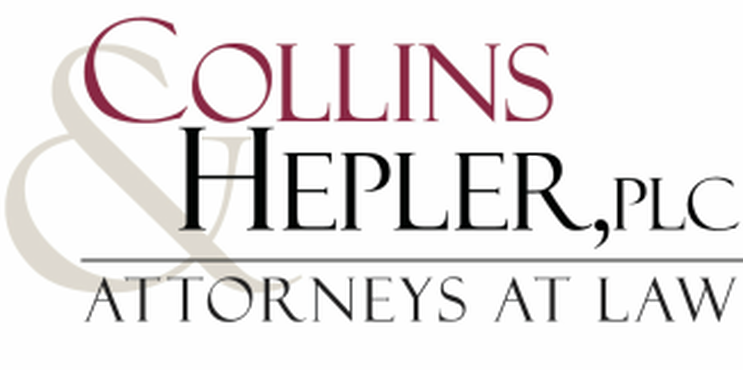
Google Books strives to provide people all over the world with an online, searchable catalog of books in all languages. This could mean much more than saving a college student a trip to the campus library. It could mean, in theory, that even a poor farmer’s daughter in rural Thailand could have access to information and education so long as she has access to the internet.
But what does this mean for the authors of these works? Does this online catalog infringe on their copyrights? The US Court of Appeals for the Second Circuit ruled last Friday that it does not.
The reproduction of the work must fall under the category of “fair use.” Fair use is determined by four factors that include the purpose of use, the nature of the work, the amount of the work that’s reproduced and the effect of its reproduction on the potential market (simply put, will the writer lose money because of it?).
Google claims their efforts actually benefit copyright holders. Google Books only reveals portions of certain pages until a customer decides to purchase access to the entire book online. The company claims this gives potential buyers an easy way to access and purchase the works, without revealing too much information in advance that could threaten their copyright.
The digital age is saturated with an ongoing struggle to find the balance between the public’s access to information and digital media and the writer or artist or musician’s right to claim ownership over their intellectual property and use it to make a living. This recent decision by the Federal appeals court takes another step toward finding that balance.

 RSS Feed
RSS Feed